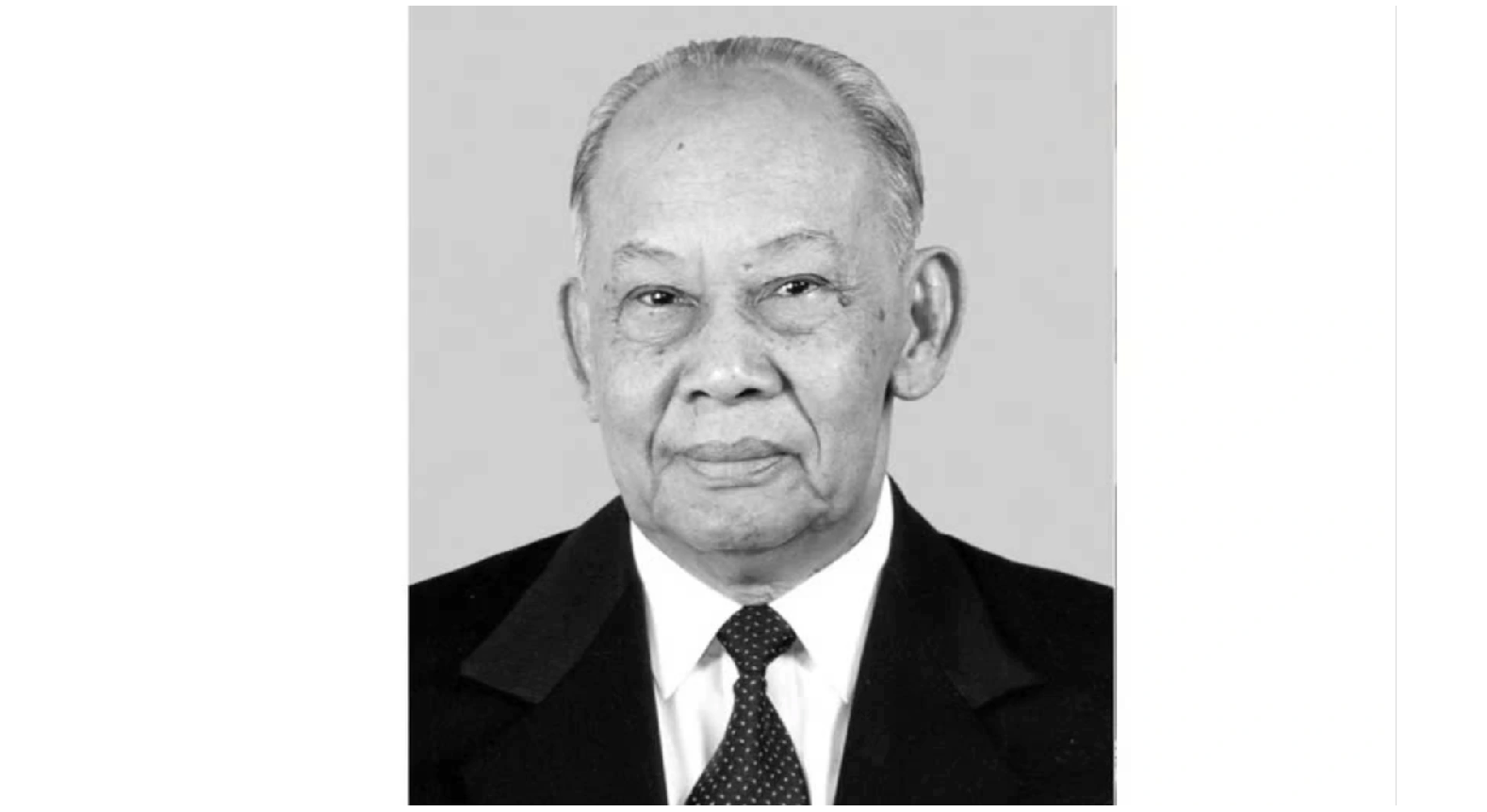Many young people are responding to burnout and stress at work by taking a mini-retirement. This phenomenon is called “micro-retirement,” which is essentially a long-term vacation or sabbatical from work to recharge.

Many young people are responding to burnout and work stress by taking short breaks - Photo: Oliver Wyman Forum
Anaïs Felt, 31, has been out of work for almost a year. She says she feels "better than ever, having had enough sleep and feeling healthier during her time off."
Felt is currently interviewing with several top tech companies. She says no one seems to mind her short-term retirement, and she is sympathetic and wants to do the same.
"I think the world is changing. The Millennial generation (those born between the early 1980s and mid-1990s) in leadership positions are increasingly respecting our need for rest," she said.
Work seems to be particularly stressful for employees these days. Only 50% of workers say they are “happy in their lives,” according to a Gallup survey dating back to 2009. Gallup also found that employee satisfaction has dropped since 2020, when the COVID-19 pandemic hit.
The ever-changing nature of work has taken a toll on employee mental health. Depression persists, with reports of burnout on Glassdoor reaching a peak in 2024.
Generation Zers entering the workforce during this transition period appear to be particularly discontented.
Often the lowest paid group, Gen Z was named the “most stressed generation” in Cigna’s 2023 report. Millennials similarly face immense pressure in middle management roles, reporting high levels of burnout.
Liz Lee, a 30-year-old technology consultant and content creator, says the thought of working Monday to Friday until she's 65 is terrifying, just so she can "enjoy life in the little time she has left."
While he didn't quit his job completely, Lee changed his mindset, prioritizing his mental health and personal interests like a retiree. Lee turned down promotion opportunities to maintain a work-life balance.
In contrast, older workers are having a hard time leaving their jobs. As they approach retirement, older generations of workers are finding themselves in a financial hole. With longer life expectancies and rising living costs, many older adults are working longer than they expected. Some are even having to return to work after retirement because their savings are not enough to cover their expenses.
Aside from financial issues, working all your life also seems to leave a psychological mark on the older generation.
“Retirement is a scary thing for me,” said George Cavedon, 73. The trend is spreading, with the proportion of Americans over 65 still working nearly doubling over the past 35 years, according to data from the Pew Research Center.
 Threatened to quit but hasn't applied for several years
Threatened to quit but hasn't applied for several yearsSource: https://tuoitre.vn/kiet-suc-bat-man-nhan-vien-tim-den-nghi-huu-ngan-han-20250115100929005.htm


![[Photo] Special relics at the Vietnam Military History Museum associated with the heroic April 30th](https://vstatic.vietnam.vn/vietnam/resource/IMAGE/2025/4/3/a49d65b17b804e398de42bc2caba8368)
![[Photo] General Secretary To Lam receives Japanese Ambassador to Vietnam Ito Naoki](https://vstatic.vietnam.vn/vietnam/resource/IMAGE/2025/4/3/3a5d233bc09d4928ac9bfed97674be98)



![[Photo] Moment of love: Myanmar people are moved to thank Vietnamese soldiers](https://vstatic.vietnam.vn/vietnam/resource/IMAGE/2025/4/3/9b2e07196eb14aa5aacb1bc9e067ae6f)






















































































Comment (0)